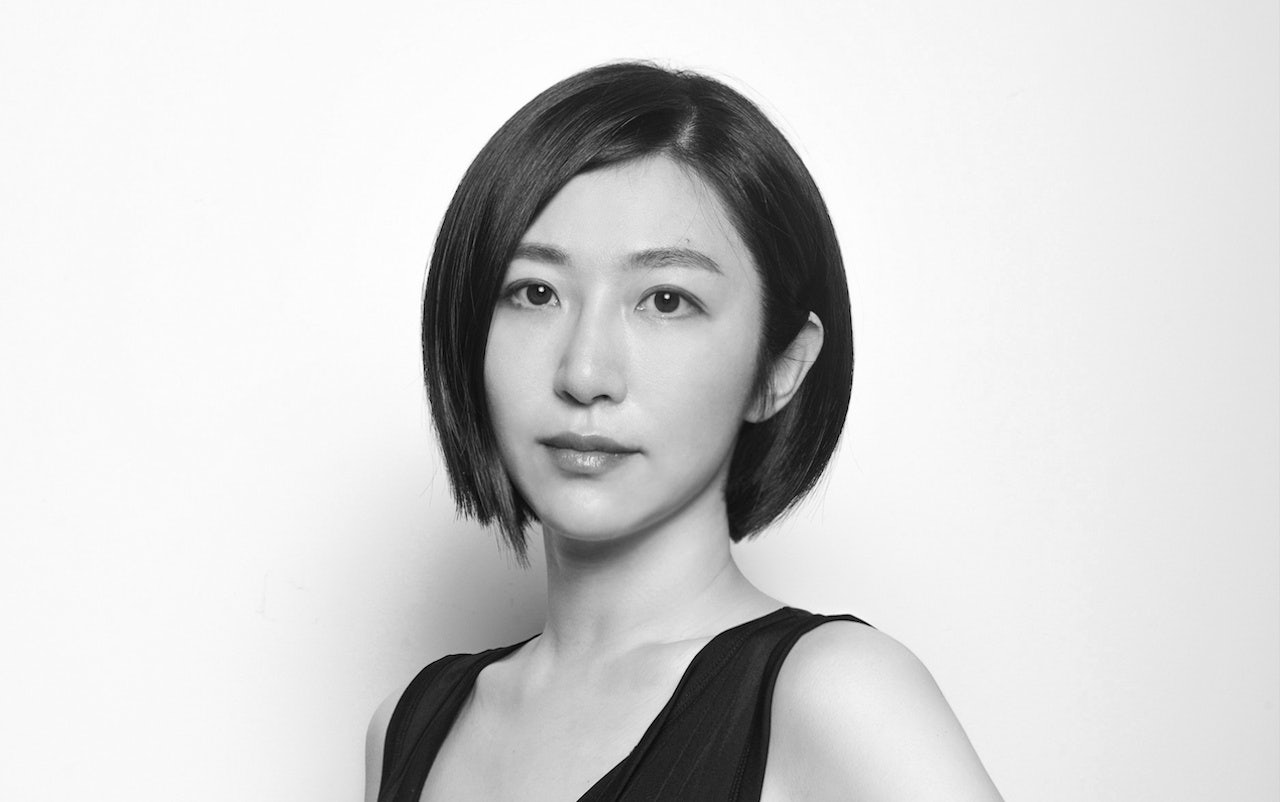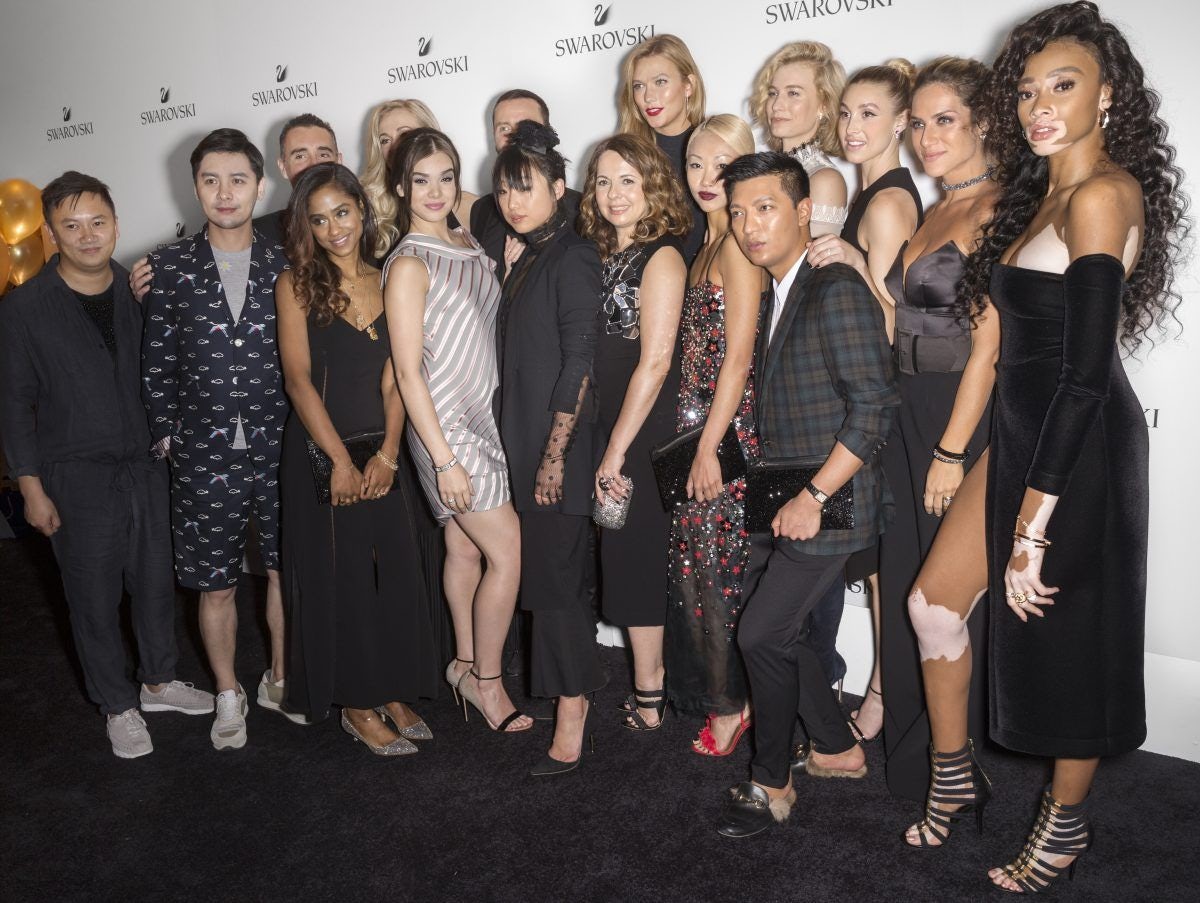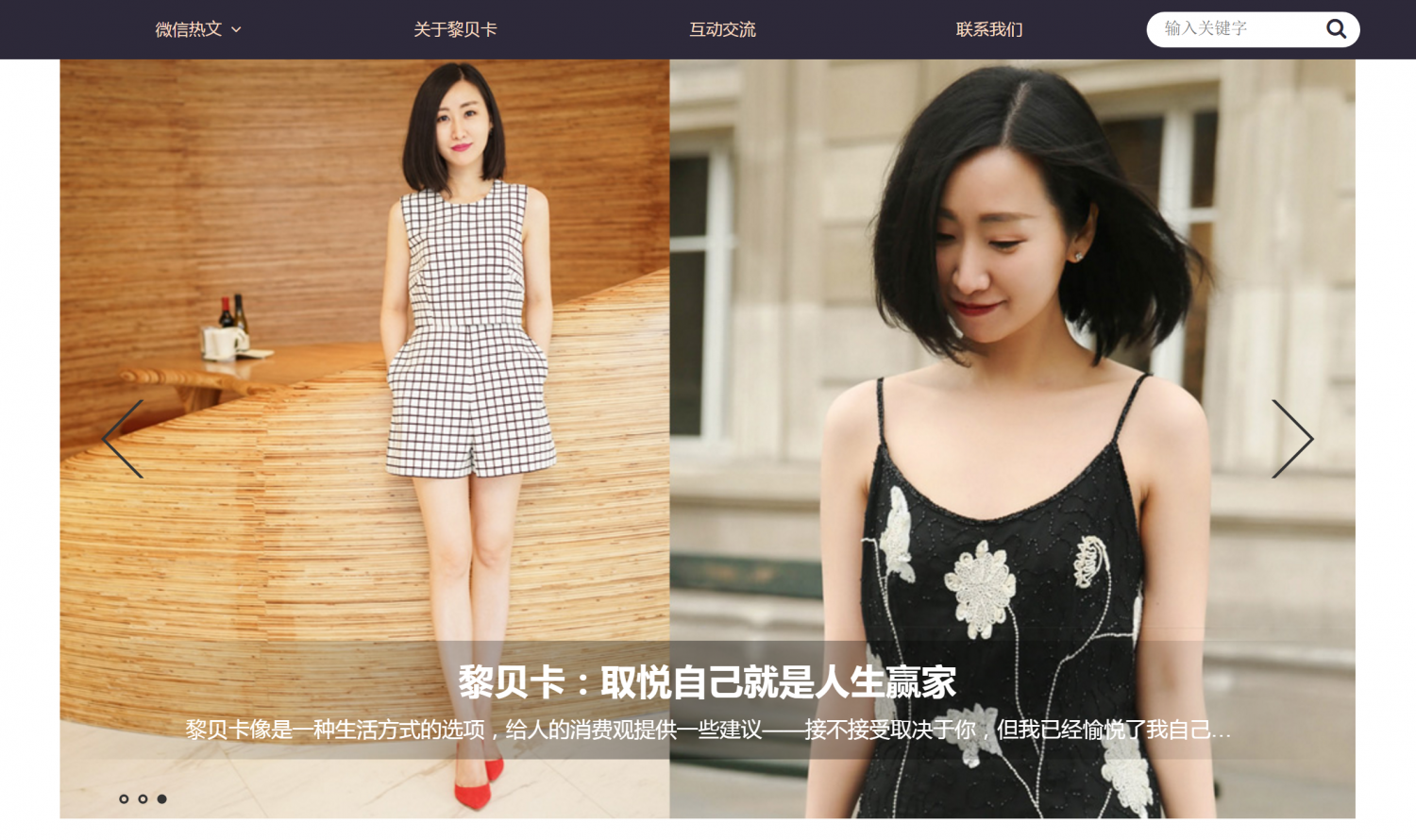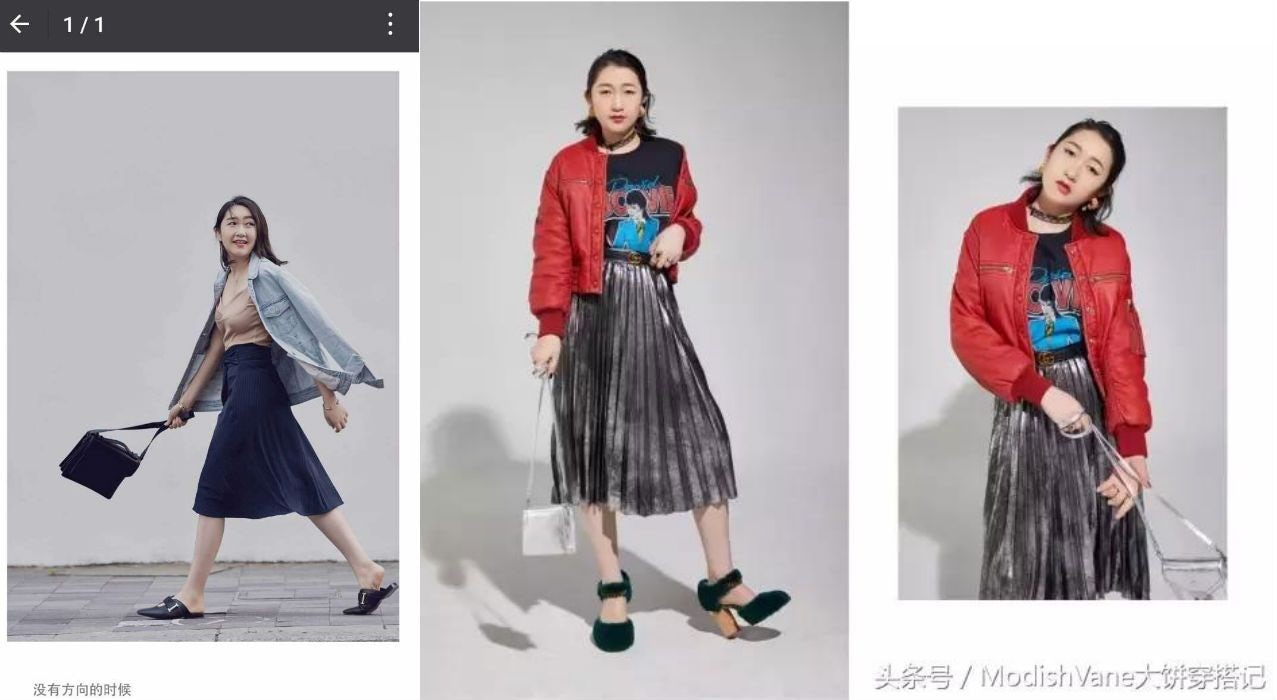Xie Yinglan has managed many renowned influencers, including gogoboi, Dipsy, and Anny Fan, people listed among the top 10 fashion bloggers by Exane BNP Paribas. Combined, the talents she works with have a combined fanbase of more than 22 million people.
Xie started early, drawing on her past experience working in TV, publishing, and advertising to establish her business before the explosive growth of fashion bloggers in China. Her talent agency, Butterfree Communication, played a pioneering role in connecting brands with influencers, something similar to what DBA (Digital Brand Architects) achieved in the West.
In this exclusive interview, Xie shared what it's like in the world of influencer advertising in China, the distinctions between bloggers and celebrities, and some common misunderstandings about fashion bloggers she wishes brands would have learned already.
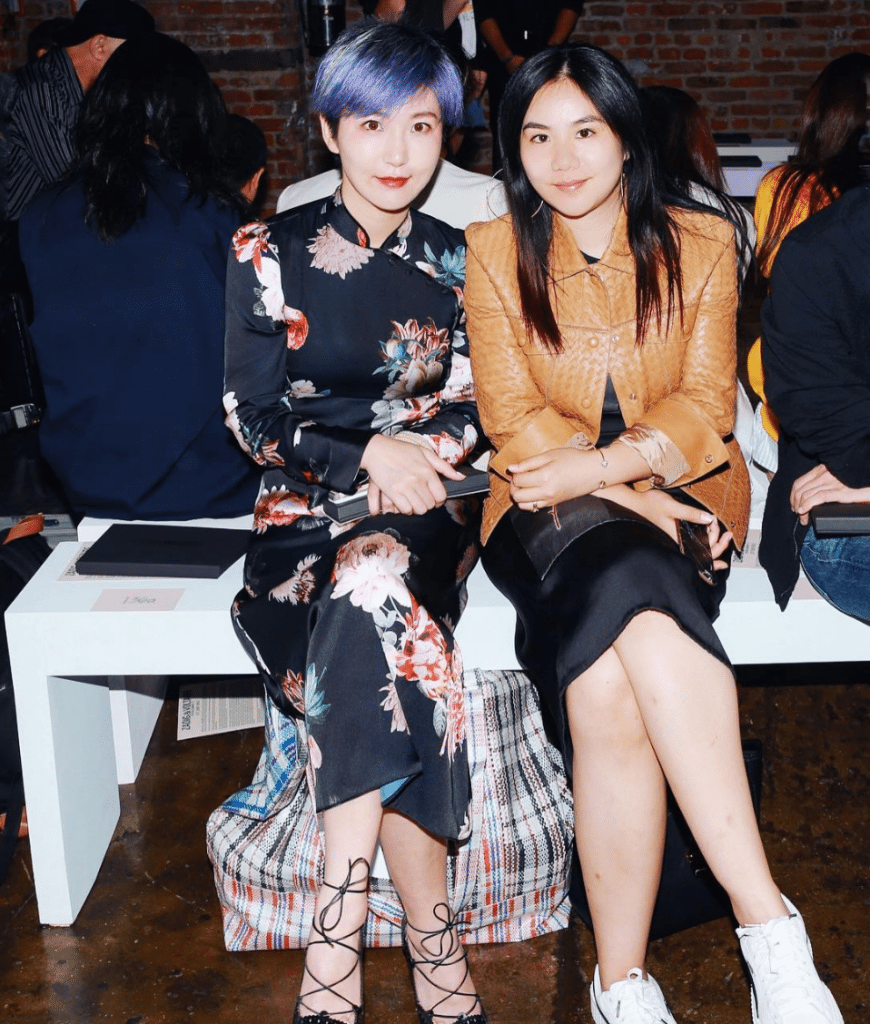
How did you enter the business of managing fashion blogger?#
When I worked in print, I realized swift changes were coming to the industry as the publishing frequency shifted from monthly to weekly. However, it wasn’t until I was working as the media director in a digital agency, reviewing more than a hundred key opinion leaders (KOLs) at the request of a beauty brand that I realized there is real demand in this industry. Now it’s interesting to note that brands treat media as creative agencies, and ask them to study whether a blogger’s positioning would fit the brand's DNA.
In this day and age, you simply cannot ignore the impact of bloggers. Shanghai’s flagship newspaper, Xinmin Evening News, circulated more than 1.8 million papers during its heyday. That’s less than the fans of gogoboi alone. Print can’t compete with influencers’ reach and more accurate positioning.
Brands have also put more trust in bloggers. Similar to media audits, now brands conduct KOL audits where they'll consult influencers on their product packaging, promotional plans, and ask for feedback on their competitors.
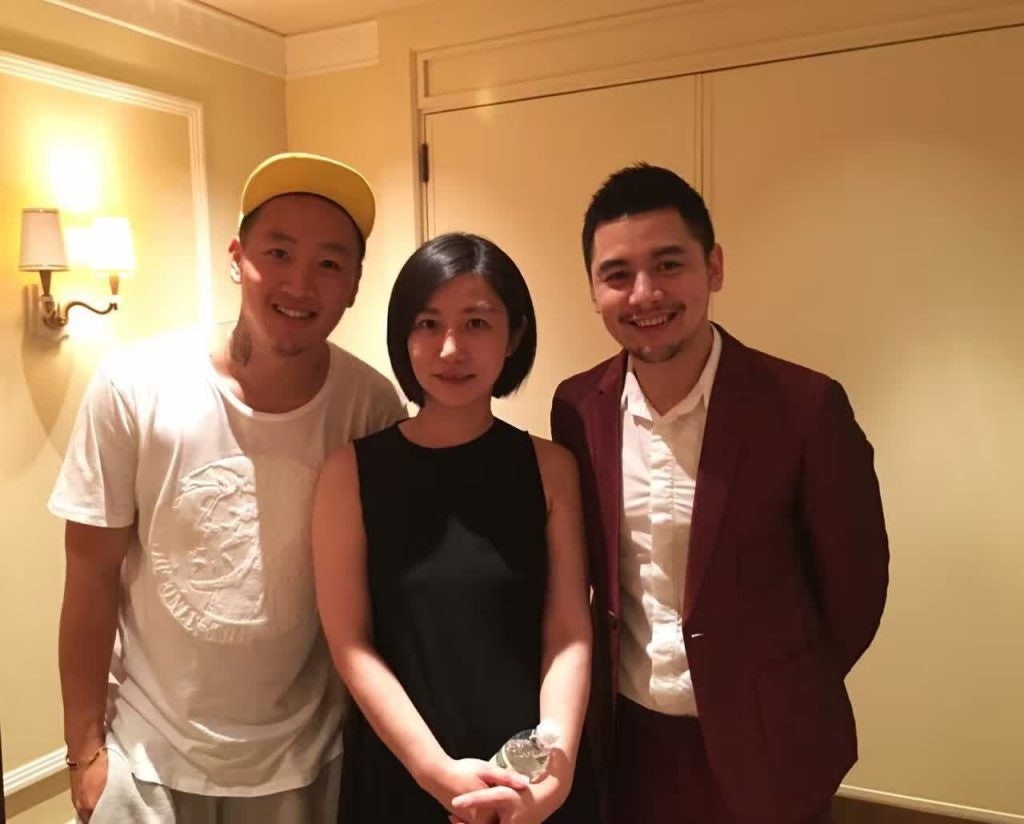
What does your job look like day to day?#
Most of my job still revolves around business development, managing my own business associate team and collaborating with brands, PR, and advertising agencies on a daily basis. I oversee the development of long-term projects as well.
Because of my background in the publishing industry, I exhaust my resources to hunt down talented bloggers and help them build, train, and manage their own edit team. I also hire cameramen, stylists, makeup artists, and video teams. In the meantime, I'm also maintaining relationships with different media, celebrity agencies, and other relevant third-parties.
How has the influencer landscape evolved?#
The boom in the fashion influencer industry didn’t really begin until 2014. One of the pioneers, gogoboi, first started doing paid promotional posts on Weibo back in 2011, though, and other bloggers such as Dipsy, Chrison, and Mr. Kira are the original ‘Weibo influencers’, coming from an editorial background in fashion magazines. Then entered the ‘WeChat influencers’, such as shiliupo and Becky Li, who put more emphasis on product. The latest gang is Mr.Bags and Anny Fan, who belong to the post-90s generation and became popular by sharing their shopping experiences and product recommendations. I also follow vloggers, especially in the beauty industry, because you can’t underestimate their persuasive power among Chinese millennials.
A typical example of a blogger who keeps reinventing himself is gogoboi. He has evolved from the Weibo era where he hid behind his laptop screen making snarky critiques of celebrities and their outfits, to now becoming a public figure. Increasingly, bloggers are learning to show their faces, whether being featured in advertisements, interviewing celebrities, or designing co-branded product, they are continuing to amplify their personal brands.
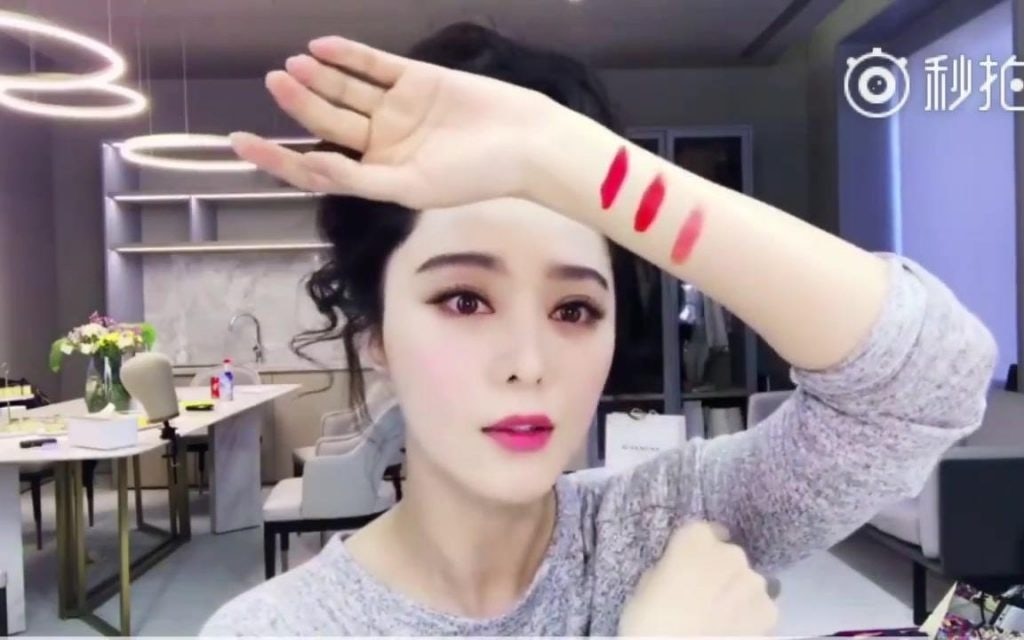
We've been there, walking the walk and experiencing the transition from the Weibo era to the WeChat era, but there are things we couldn’t predict. Celebrities are now putting on fashion bloggers' hat. For example, Fan Bingbing just opened her own beauty channel on Little Red Book and launched her personal sunglasses brand. Simultaneously, you're seeing bloggers entering the entertainment industry. Ikelili, who started out making comedic beauty videos, is now being cast in TV shows, and fashion blogger Yvonne Ching is also participating in reality shows. The line between celebrities and bloggers has started to grow blurry.
How does a blogger make money?#
Besides traditional sponsored posts and driving traffic to brands via the web tool rewardStyle, the industry has evolved many different approaches, such as inviting bloggers to meet with fans offline, or co-branding or co-designing a product. Some even choose to launch their own e-commerce channels or build their own brands to generate steady revenue.
Different approaches come with various challenges and expectations. For an offline event, brands generally look closer at the generated sales numbers, but this is not the only KPI. We don’t force fans to buy, or bloggers to sell. For better sales performance brands should talk to their sales teams, not bloggers.
It usually takes a longer time to launch a co-branded product because it requires a lot of back and forth between the China team and the headquarters, which also means a heavy workload for the PR and marketing team. One exception is Mr. Bags. He strikes me as a high EQ and IQ individual. Different from editors turned bloggers, Mr. Bags is good at business negotiations and personal branding. He often seeks out opportunities directly with a brand.
Another example is Becky Li’s exclusive collaboration with auto marker MINI. After connecting with her female fashion fans, the brand was able to enjoy the elevated attention that a regular sales event wouldn’t generate.
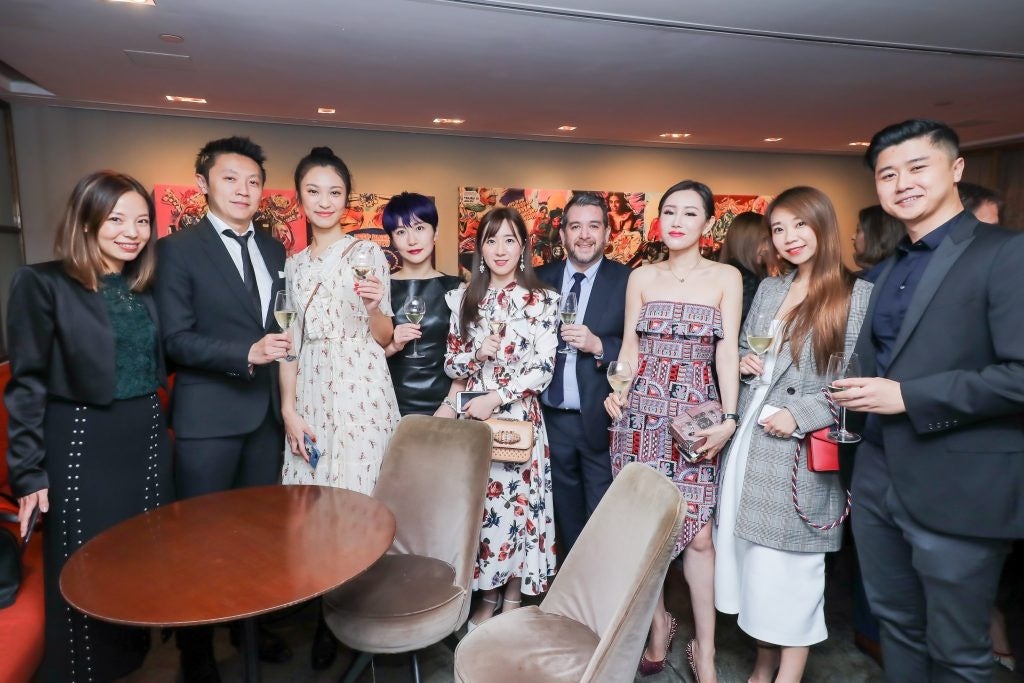
What are some misunderstandings that brands have about influencers today?#
One is that some brands set sales numbers as the solo key performance indicator (KPI), but so many factors could contribute the turnout of product sales. Every blogger has a different personality, with a different fan base, and much of what determines success is still finding a blogger that matches closely with your brand DNA. Brands need to dive deeper into their content to find out what kind of blogger they are working with, and what type of product they like to talk about. The price range of the product is also important. You've got to keep in mind too that bloggers also need to be responsible to their fans in choosing the right kind of product to endorse.
Because of my past experiences working in agencies, I recognize brands often want bloggers to imitate their language in a PR release, but they are missing the point of working with a blogger in the first place! Bloggers are the authentic content creators. They know how to communicate their own interpretation of the brand to their fans. Of course, this doesn’t mean we don’t think of the brand. For example, when Dipsy worked with Harry Winston, because the brand has clear global guidelines that say the product can’t be seen with a tattoo, Dipsy covered up his arm tattoo in the photo shoot.
Are you worried that the influencer economy is a bubble that might burst?#
As a manager of bloggers, I don’t have more senior people to seek advice from, and neither do the bloggers. We have to update ourselves constantly as the industry evolves. But I am a firm believer that opportunity awaits those who are prepared.
The entry point may seem very low in this industry, but it also changes drastically every day. Some people opt to write out the content themselves entirely, and so they give up after a short while. Those who get to stay are those who understand their advantages and are willing to learn to make progress. My strongest suit is constantly learning and utilizing my resources to explore those unknown possibilities, both for brands and influencers. I am not too worried about having to retire anytime soon.
